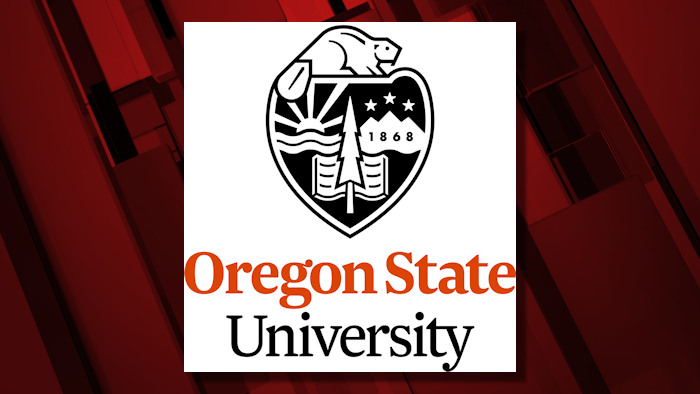OSU making intellectual property available to help fight COVID-19

CORVALLIS, Ore. (KTVZ) – Oregon State University is joining universities and academic health centers nationally in making licensing agreements for its intellectual property quickly executable to speed up the development of technologies that can be used to diagnose, treat and prevent COVID-19.
The COVID-19 Technology Development Framework, spearheaded by Stanford, Harvard and Massachusetts Institute of Technology, was introduced earlier this month and includes 14 other research institutions across the United States as of April 20.
Researchers at Oregon State and throughout the U.S. will be able to build on concepts generated by other scientists, making the path easier for companies trying to develop new technologies to detect, monitor, prevent and treat the sickness caused by the novel coronavirus.
“Transactions to license intellectual property can take time and include significant financial consideration to finalize, but time is of the essence for public health in the fight against this pandemic,” said Brian Wall, associate vice president of research, innovation and economic impact at Oregon State.
The new guidelines allow for nonexclusive, royalty-free licensing of intellectual property rights for available COVID-19 related technologies during the pandemic and for a short time after it ends. OSU will be offering same-day, executable licenses with no up-front costs.
Licensees that commercialize new technologies within the new framework will be required to distribute any new products as widely as is reasonable and at a cost that encourages accessibility.
Below is the full text of the COVID-19 Technology Development Framework:
“We strongly believe that while intellectual property rights can often serve to incentivize the creation of new products, such rights should not become a barrier to addressing widespread, urgent and essential health-related needs. To address the global COVID-19 pandemic, we are each implementing technology transfer strategies to allow for and incentivize rapid utilization of our available technologies that may be useful for preventing, diagnosing and treating COVID-19 infection during the pandemic.
“To achieve our common goal, we each individually commit to the following guidelines:
“1. We are committed to implementing COVID-19 patenting and licensing strategies that are consistent with our goal of facilitating rapid global access. For most types of technologies, this includes the use of rapidly executable non-exclusive royalty-free licenses to intellectual property rights that we have the right to license, for the purpose of making and distributing products to prevent, diagnose and treat COVID-19 infection during the pandemic and for a short period thereafter. In return for these royalty-free licenses, we are asking the licensees for a commitment to distribute the resulting products as widely as possible and at a low cost that allows broad accessibility during the term of the license.
“2. We are committed to making vigorous efforts to achieve alignment among all stakeholders in our intellectual property, including research sponsors, to facilitate broad and rapid access to technologies that have been requested to address the COVID-19 pandemic.
“3. We are committed to making any technology transfer transactions related to addressing the COVID-19 pandemic our first priority, and to minimizing any associated administrative burdens.”